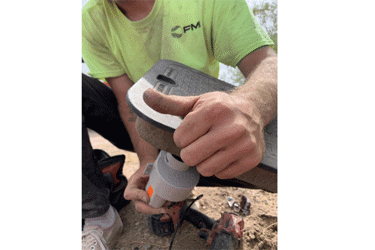AMI Gets Faster With LoRaWAN® Class B Specification

The Internet of Things (IoT) is essential for developing smart cities, offering a network of intelligent infrastructure, services, devices, and systems that work together seamlessly. A smart city utilizes digital technology and data analytics to improve urban management, make informed decisions, and enhance the quality of life for its residents.
One component of smart cities is advanced metering infrastructure (AMI), which enables continuous bidirectional communication between the utility network and metering devices. This technology allows for accurate data measurement and collection for various uses, such as billing, customer alerts, demand response initiatives, and remote service management. Smart meters also enhance safety for frontline workers by reducing their exposure to environmental hazards and the need for fieldwork.
With numerous companies providing different parts of the digital solution, municipalities must ensure they have an open standards-based solution. This means that any utility solution must share data and interoperate with other solutions from various companies without compromising data security. For instance, IoT-based metering sensors should transmit data in a way that multiple software solutions from different vendors can use. Traditionally, this has been challenging due to the lack of open standards like LoRa®. However, IoT has introduced the internet standards approach to water utilities.
Get unlimited access to:
Enter your credentials below to log in. Not yet a member of Water Online? Subscribe today.
